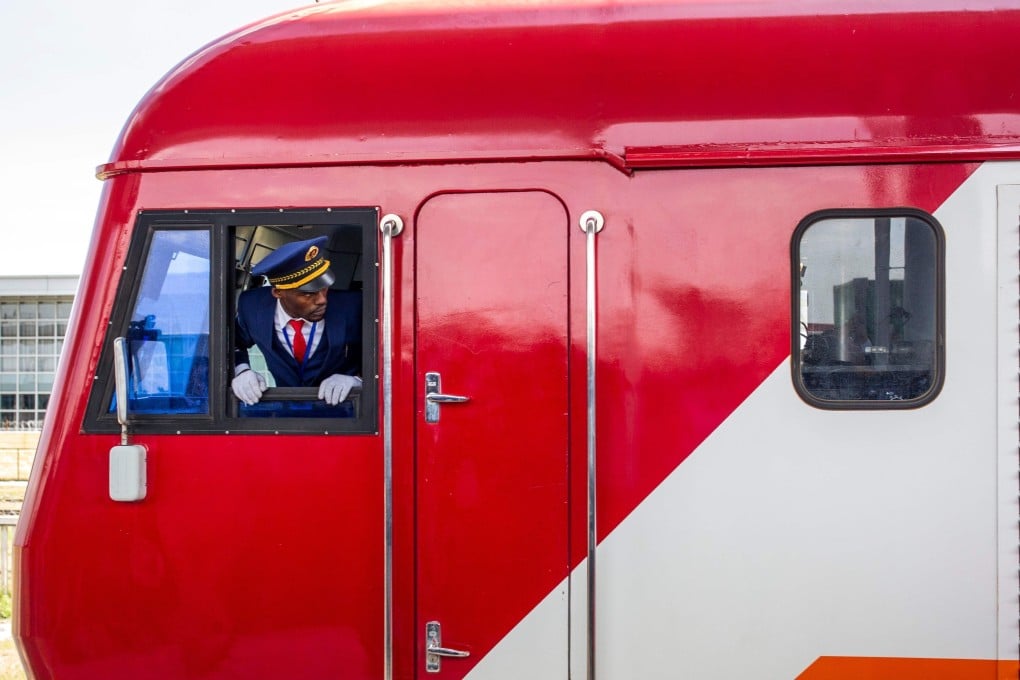African railways feel pinch of China’s belt and road funding squeeze
- Ambitious rail project from Kenyan coast to landlocked countries in the Great Lakes region stalled
- Analysts say Chinese policy banks are taking a more cautious approach to lending in current economic climate

More than six years ago, Kenya, Uganda, South Sudan and Rwanda hatched a grand plan to build an ambitious standard gauge railway line linking their countries from the Kenyan coast and eventually stretching to the mineral-rich Democratic Republic of Congo.
Kenya has yet to secure funding for the phase linking the railway to Kisumu and on to the Malaba border crossing with Uganda, where construction is then supposed to continue into it and other landlocked countries in the Great Lakes region.
The Exim Bank, one of China’s top lenders for overseas projects, has asked Kenya to redo a feasibility study for the Malaba extension to prove its commercial viability before funds are released. Uganda too is yet to secure funding from the same bank, with officials in Kampala saying negotiations are ongoing.